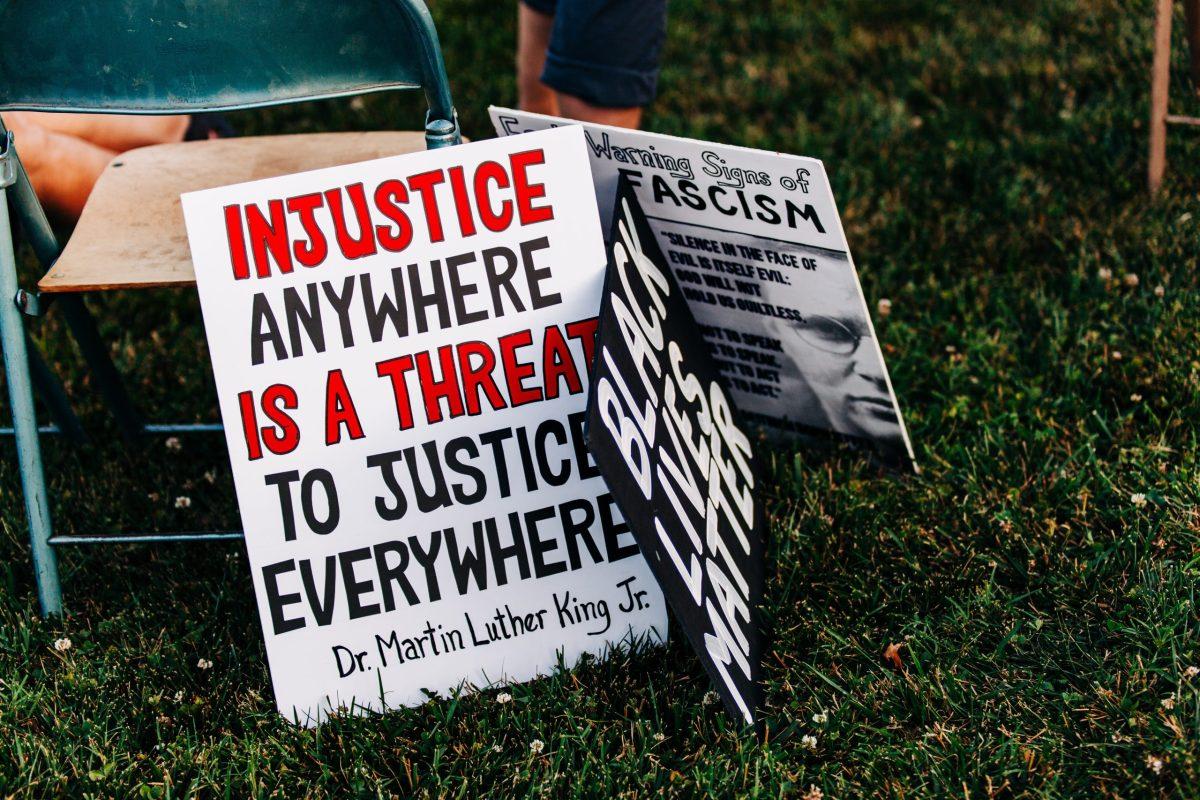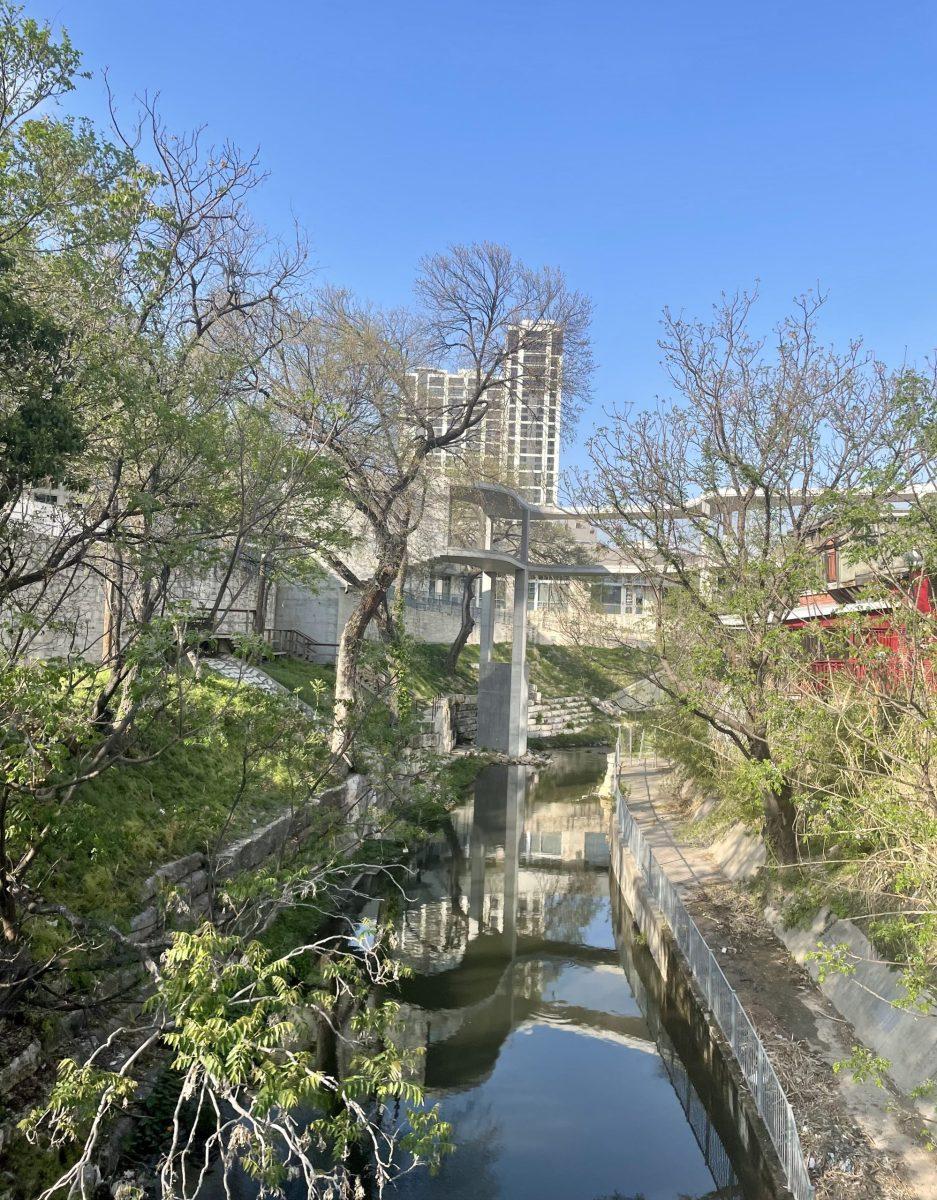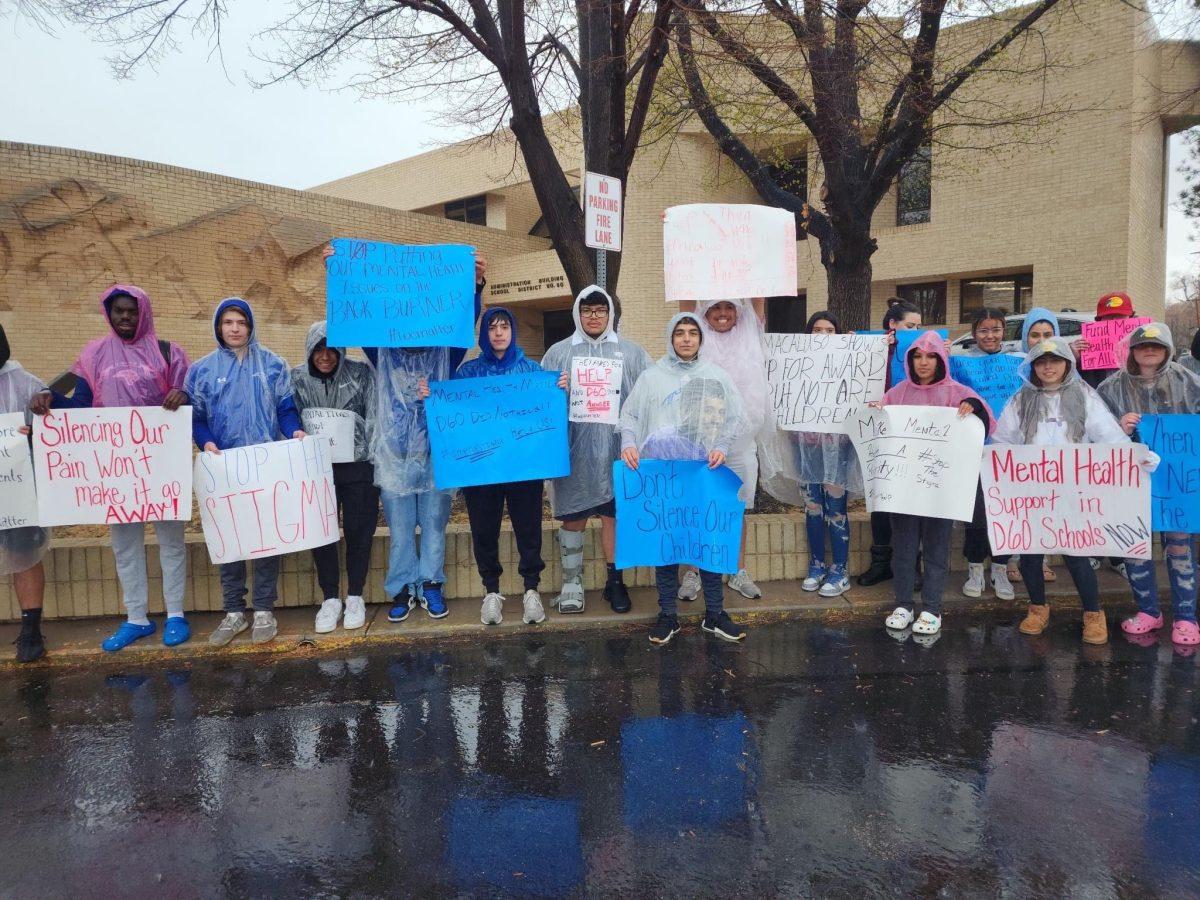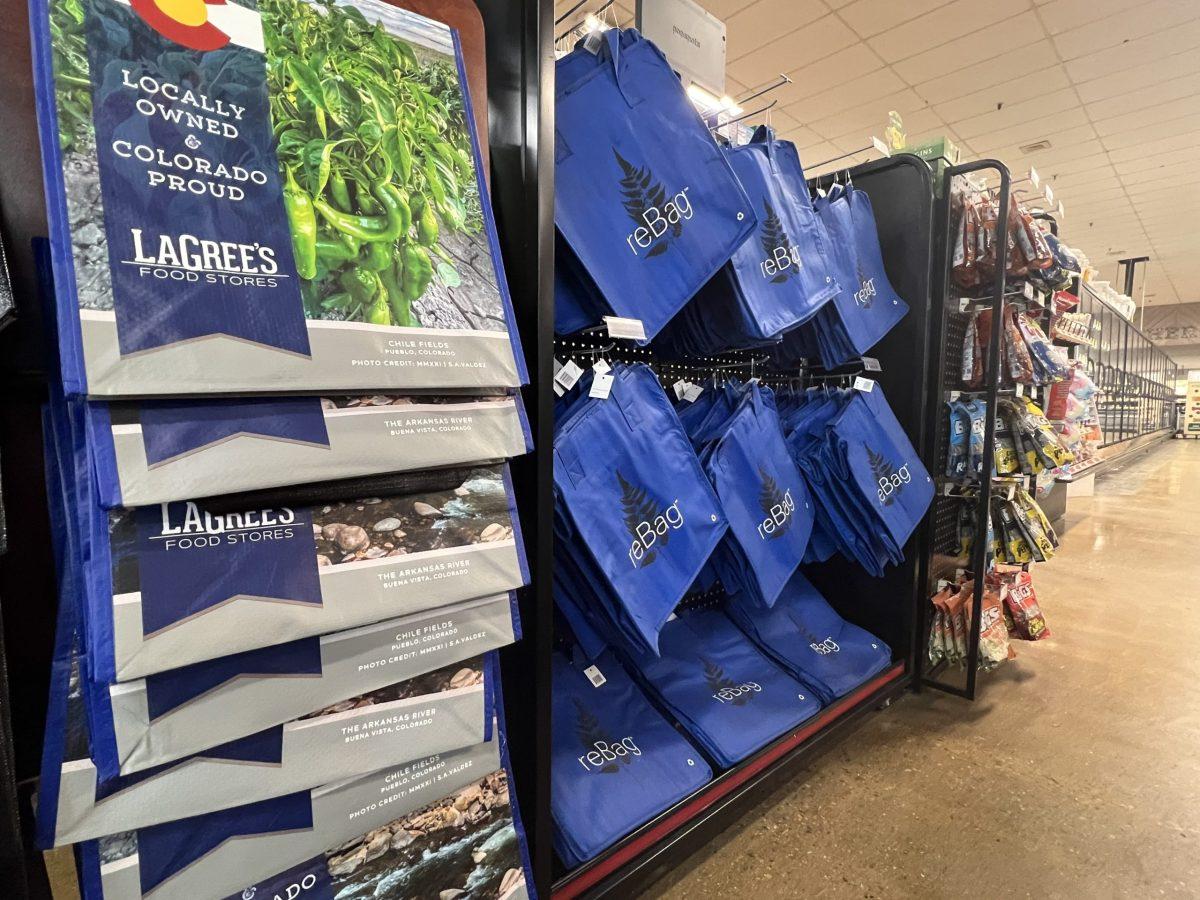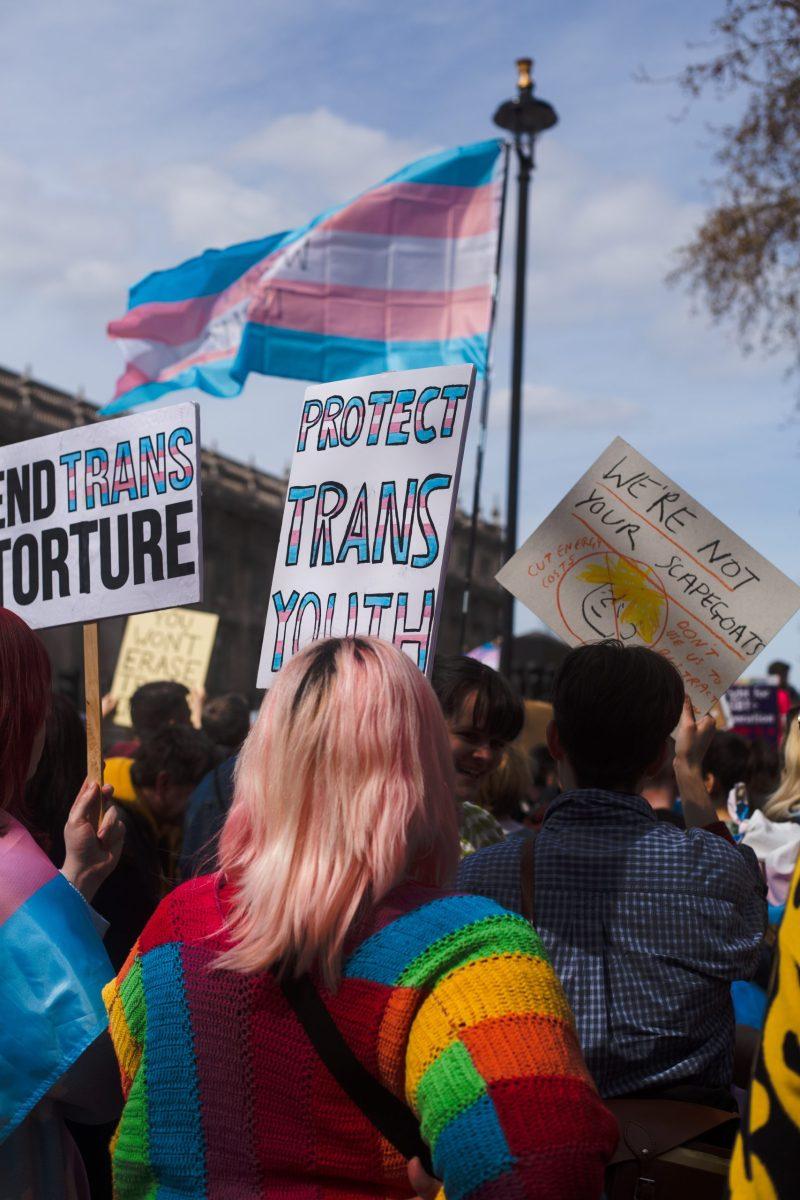By Madison Lira
Are people of color capable of being racist towards other minorities in the world? It’s hard to imagine that minorities could have prejudices and perpetuate the same racism they endure, but it’s sadly more common than some people like to think.
Growing up in a Latino household, you learn all of the prejudices and racist ideals perpetuated against Latinos, especially during the Trump presidency, with the comments about some immigrants being rapists and drug dealers. However, even with this, I grew up hearing racist and discriminatory rhetoric against other races, mainly against black people. It boggled my mind how my brown family could be just as racist as a white person to black people around us.
Even in the political spectrum, earlier in Oct., Los Angeles City Council President Nury Martinez made racist comments towards an assortment of groups, but mainly towards Black Americans and even towards indigenous immigrants from the Mexican state of Oaxaca. But why are we perpetuating this state of racism towards another minority we know has been a victim of repeated violence and racism?
Although some people might chalk it up to some Latinos’ exposure to anti-black rhetoric in their home countries, most research suggests it has strong roots in the United States. An American Political Science Review study tested if Latinos had a downgraded status to just “American,” which would spur more racial resentment towards Black Americans. They found, “Indeed, priming a sense of lost position as marginal Americans led liberal Latinos to express greater racial resentment, which is then strongly associated with reduced support for pro-Black policies.”
Even though Latinos face overt and subtle forms of racism and discrimination, hate crimes and harassment are on the rise for Latinos (whether or not they’re immigrants) for simply speaking Spanish or being of a darker skin tone. The perpetuated racism is still rampant within the community against Black people and Afro-Latinos. Afro-Latino supermodel Joan Smalls, interviewed with NBCNews, discussed her experiences with racism within the Latino community. Smalls had discussed how her mother would be called derogatory terms, and her father would be mistreated at work because of the color of his skin in Puerto Rico.
Tanya Hernandez, a law professor at Fordham University and author of “On Latino Anti-Black Bias: ‘Racial Innocence’ & The Struggle for Equality,” had this to say when interviewed by NBCNews. “Latinos need to stop acting as if our ethnicity shields us from any implications regarding racial issues. An ethnic group is not impervious to issues of racism simply because they, too, are victims of racialization.”
Living in the U.S. today, we still barely learn of the atrocities committed against the Black community in history. Many of us barely knew about the Tulsa Race Massacre, not from history class but because of the HBO Max series “Watchmen.” Many elder Latinos didn’t learn this history, and some don’t even care to know.
Younger Latinos, like myself, are taking the time to learn this history as we want to support those still persecuted by a system that wants to pit us against one another. We want to be educated about this history of Black Americans and show our elders that there’s a reason they are still fighting for equal treatment and for the violence that is still being perpetuated against them for their darker skin color.
In an interview with NBCNews, father Saul Rios, an immigrant from Mexico, said, ‘”While we Latinos face discrimination, to be a person of color in this country, specifically to be Black, is something that comes with a lot. At times, we have a hard time recognizing because we are so wrapped up in our own experience.”




